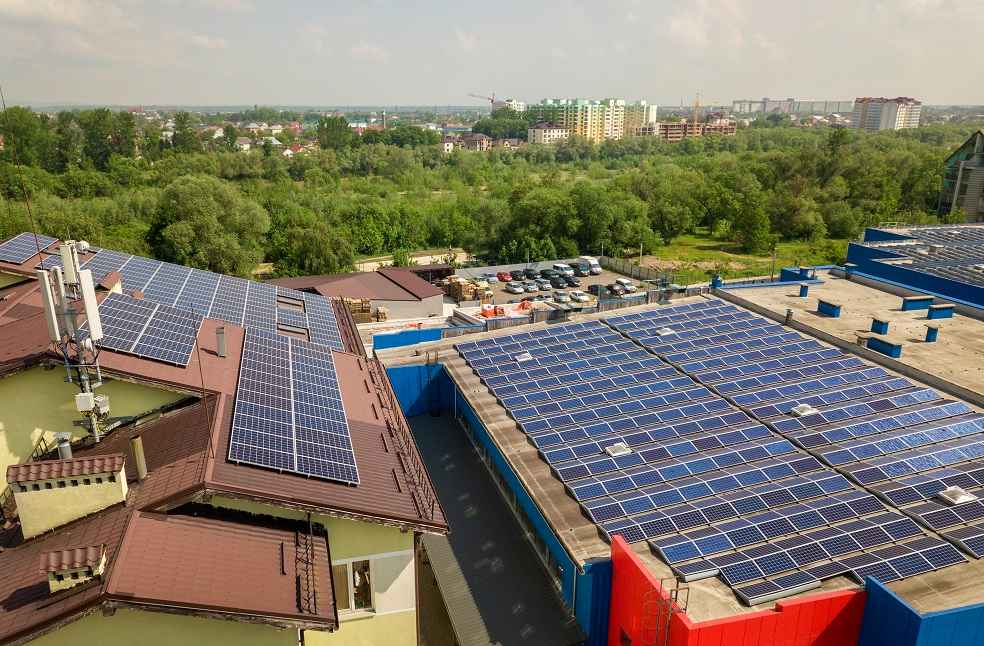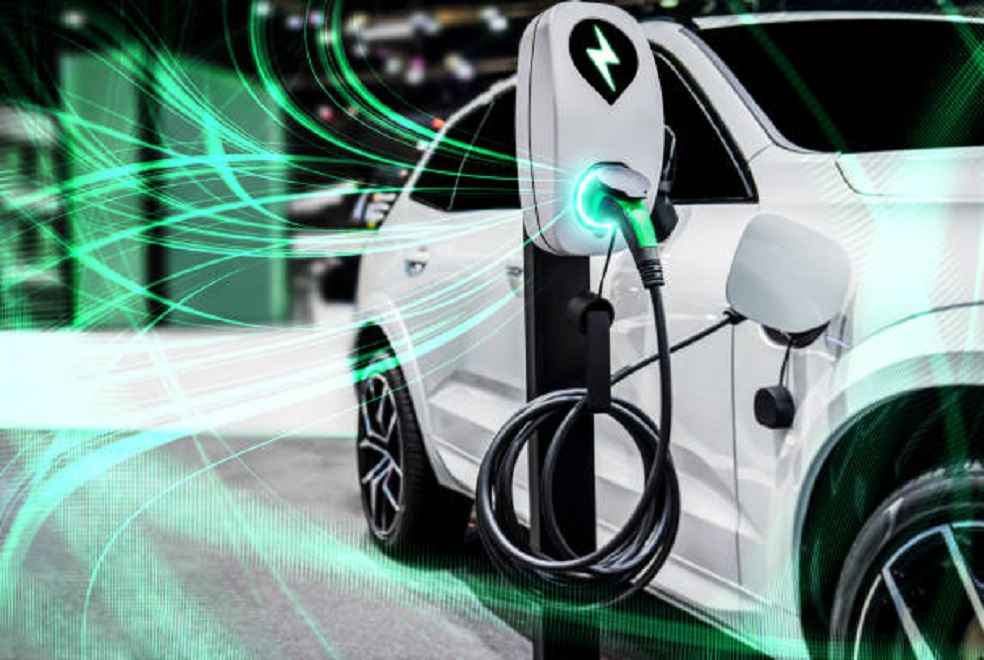Indian companies in the electronics, solar, and electric vehicle (EV) sectors are grappling with delays and disruptions due to China’s newly imposed export curbs on key inputs and machinery, according to the Global Trade Research Initiative (GTRI).
The GTRI described the restrictions as a potential response to India’s tighter controls on Chinese investments and visa policies, reflecting broader geopolitical tensions and a trade war between the two nations. “These India-specific restrictions signal deeper geopolitical issues. We hope they are lifted soon, as they also harm China,” said Ajay Srivastava, founder of GTRI.

Srivastava noted that while the curbs are impacting Indian industries, they are also detrimental to China’s manufacturing and export sectors. Many Indian firms rely heavily on Chinese machinery and components, leaving them particularly vulnerable to such restrictions. In the fiscal year 2023-24, India’s imports from China rose to $101.73 billion, up from $98.5 billion in 2022-23.
The restrictions follow India’s 2020 policy requiring countries sharing land borders with India to seek government approval for investments in any sector. Srivastava emphasized the need for India to remain firm against unreasonable demands from China, urging a focus on boosting local manufacturing capabilities and diversifying supply chains.

He highlighted the importance of building partnerships with countries like Japan and South Korea to source high-quality components for electronics, solar panels, and EVs. Strengthening ties with these nations could help India reduce its dependence on Chinese supplies and develop more resilient supply chains.
The GTRI also observed that China’s current export restrictions align with its broader strategy to counter US sanctions on its tech sector. In 2024, China’s merchandise exports reached $3.6 trillion, with a trade surplus of $992 billion, underscoring its pivotal role in global supply chains. Many countries, including ASEAN members, Mexico, and Vietnam, rely on Chinese raw materials and intermediate goods for producing finished products for export.
DON’T MISS IT | UN Adopts Greece-US Plan to Tackle Houthi Threats in Red Sea



